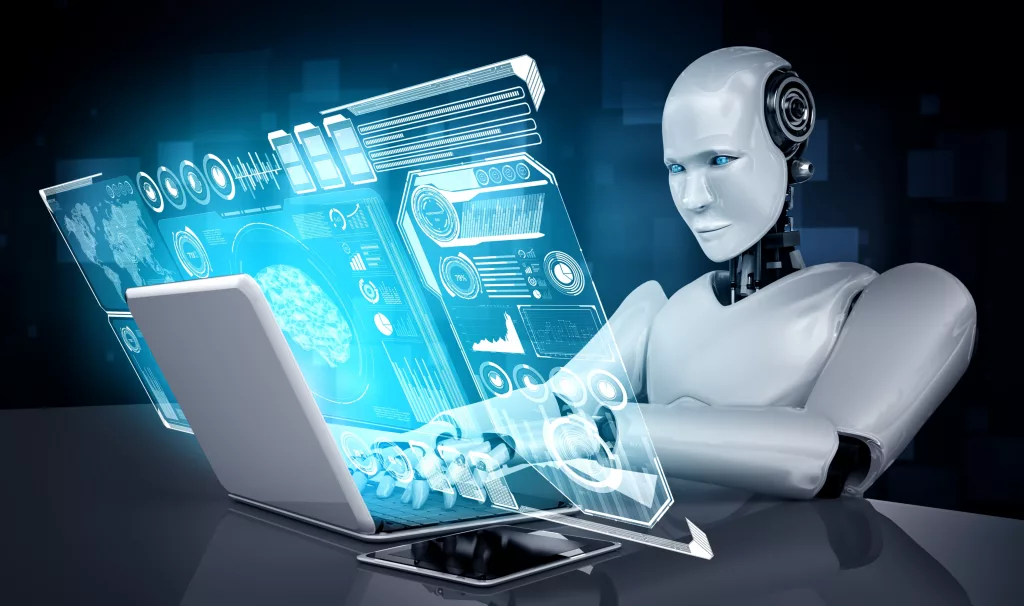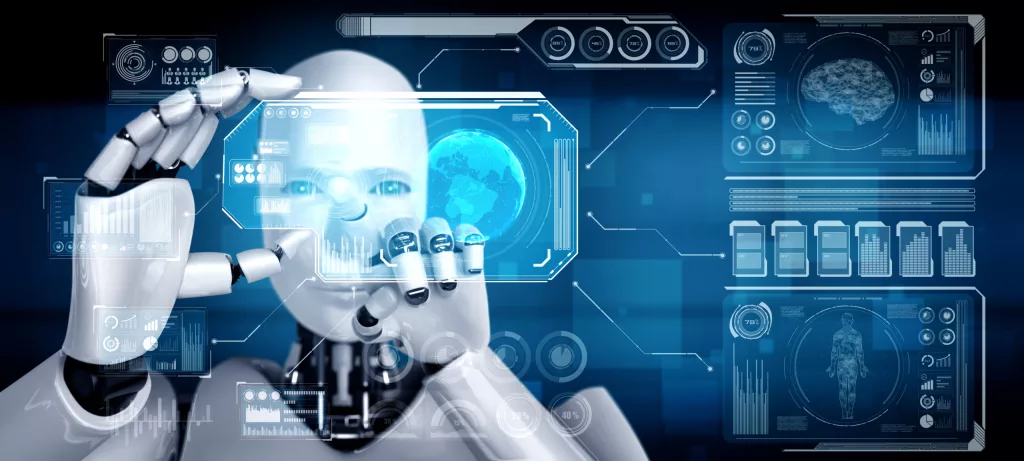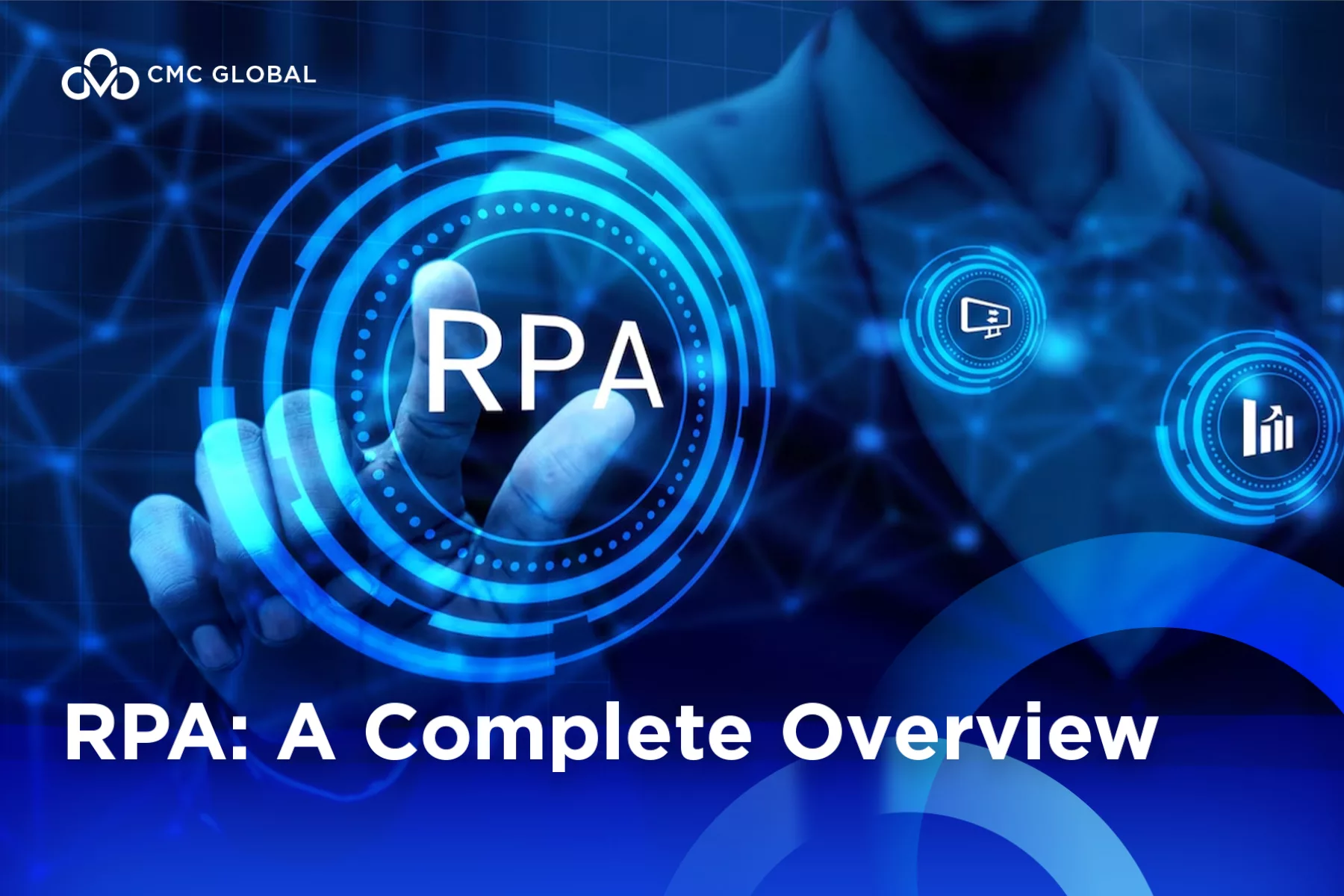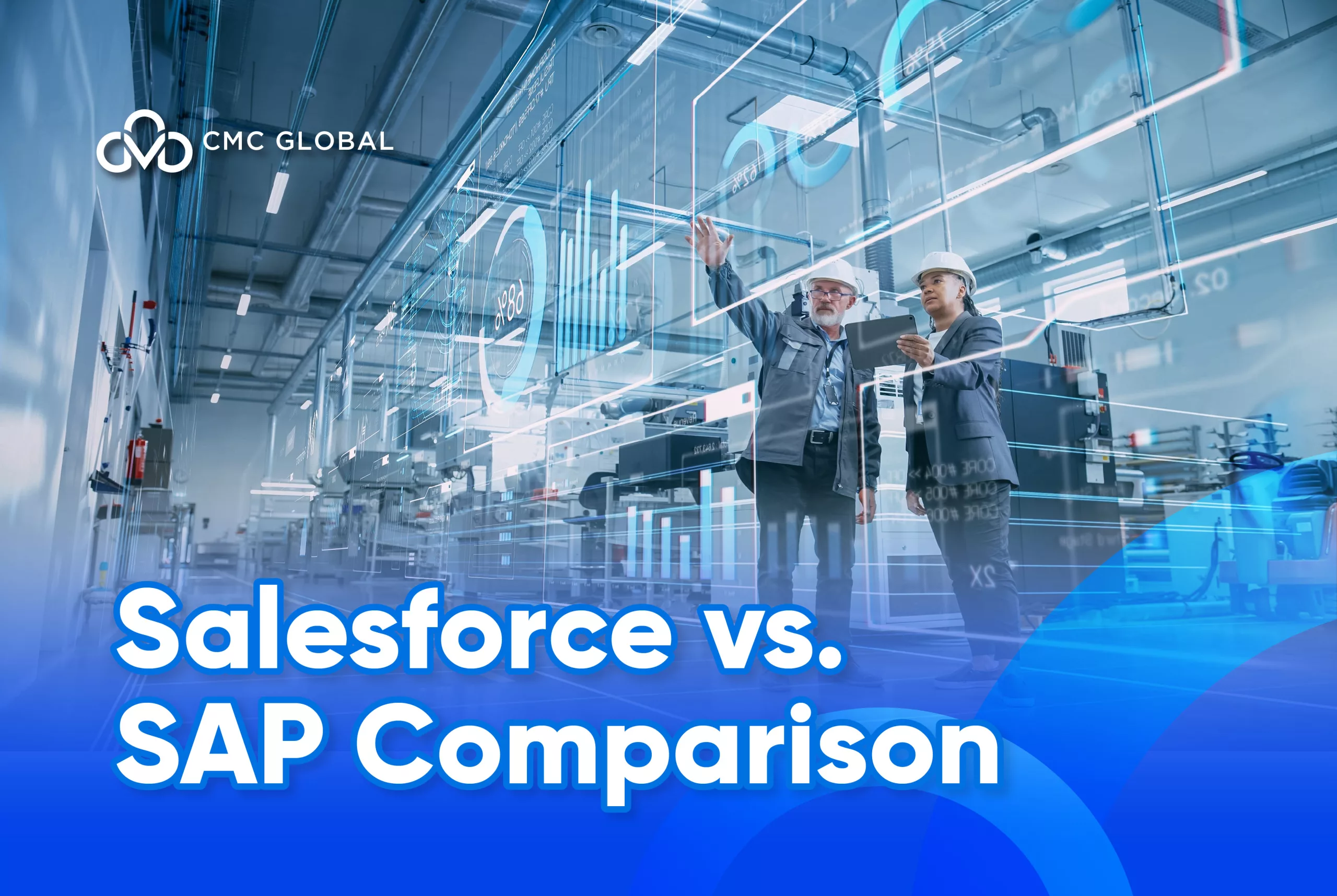What exactly is robotic process automation (RPA), and what types of routine tasks can it manage? This is a quick guide for IT professionals, business managers, and anyone looking to better understand the concept.
What Is RPA (Robotic Process Automation)?
Robotic Process Automation (RPA) is a technology that uses software robots, or “bots,” to automate repetitive, rule-based tasks that are typically performed by humans. RPA tools allow organizations to streamline operations, improve efficiency, and reduce errors by automating tasks such as data entry, processing transactions, generating reports, and interacting with digital systems.
Key Features of RPA:
- Automation of Repetitive Tasks
RPA is designed to handle tasks that are structured and repetitive, such as copying and pasting data between applications, filling out forms, or processing simple workflows.
- Rule-Based Operations
Bots follow predefined rules and logic to perform tasks. They don’t require complex decision-making but can work with conditional operations.
- Non-Invasive
RPA bots interact with existing applications without requiring deep integration, meaning they don’t alter the underlying systems. They mimic human actions, such as clicking, typing, or copying data.
- Scalability
Organizations can scale RPA easily by deploying more bots as demand increases, without needing major infrastructure changes.
- Improves Accuracy and Efficiency
Since RPA bots work without fatigue and don’t make human errors, they improve the accuracy of processes and can work around the clock.
By automating mundane tasks, RPA allows employees to focus on higher-value activities, leading to increased productivity and cost savings.
Read more: 13 Best RPA Technology Solution Providers
What Can RPA Do? Example Use Cases and Business Processes

One of the most common applications of RPA is in data entry and migration. Many businesses still rely on legacy systems that do not easily integrate with modern platforms. RPA bots can be programmed to extract, transform, and load (ETL) data from one system to another, significantly reducing human error and improving speed. This is particularly useful in industries like banking, healthcare, and insurance, where vast amounts of data need to be processed regularly.
RPA can also help with invoice processing, automating the capture and verification of data from invoices and feeding it into accounting systems, speeding up accounts payable operations and ensuring timely payments.
In customer service, RPA can handle tasks such as responding to routine inquiries, updating customer information, and processing orders. For example, in e-commerce, RPA can be used to automate order fulfillment, tracking shipments, and managing returns. This not only enhances customer satisfaction but also helps reduce the burden on customer service teams by handling high-volume tasks, freeing them to focus on more complex interactions.
Another use case is human resources. HR departments often deal with repetitive tasks such as onboarding new employees, processing payroll, managing benefits, and handling employee queries. RPA can streamline these processes, automating steps like setting up new employee accounts, sending welcome emails, and verifying employee credentials. Moreover, in payroll, RPA can automatically calculate salaries, deductions, and bonuses, reducing errors and ensuring timely payments.
In finance, RPA is widely used for financial reporting, audit documentation, and compliance. By automating data collection and analysis, RPA helps finance teams close books faster and with greater accuracy. For example, in month-end reporting, RPA can automate the process of gathering data from various sources, reconciling accounts, and generating reports, ensuring that financial statements are prepared promptly.
RPA is also useful in supply chain management, where it can automate tasks like inventory management, order processing, and shipment tracking. By automating these processes, businesses can achieve better visibility and control over their supply chains, leading to improved decision-making and more efficient operations.
In summary, RPA is a powerful tool that can automate a wide range of business processes, from data entry and customer service to HR, finance, and supply chain management. By leveraging RPA, businesses can increase operational efficiency, reduce costs, and improve accuracy, making it a valuable asset for organizations looking to optimize their workflows.
Let’s see how AI and RPA technologies relate

Artificial Intelligence (AI) and Robotic Process Automation (RPA) are closely related technologies, both playing pivotal roles in driving business automation and efficiency. AI refers to the simulation of human intelligence in machines, enabling them to learn from data, make decisions, and solve problems autonomously. It includes techniques like machine learning, natural language processing, and computer vision.
RPA, on the other hand, focuses on automating repetitive, rule-based tasks by mimicking human actions on computer systems. While RPA can handle structured data and automate tasks like data entry, invoice processing, and report generation, it traditionally lacks the cognitive capabilities of AI.
The convergence of AI and RPA creates “Intelligent Automation” (IA), allowing businesses to automate more complex, decision-driven processes. AI can enhance RPA by enabling it to handle unstructured data, learn from patterns, and make predictions.
For example, AI-powered RPA can interpret emails, extract information from documents, and make context-aware decisions, improving operational accuracy and speed. This integration allows businesses to move beyond simple task automation to more strategic workflows, ultimately leading to cost reduction, improved productivity, and better customer experiences.
In short, while RPA automates tasks, AI adds intelligence to those tasks, enabling organizations to automate more sophisticated processes that require human-like understanding and decision-making. Together, AI and RPA represent the future of digital transformation, fostering innovation and competitive advantage.
CMC Global – Your Trusted Partner for RPA services
CMC Global offers comprehensive Robotic Process Automation (RPA) services that help clients streamline operations and enhance efficiency. With deep expertise in automating repetitive tasks and integrating intelligent solutions, CMC Global enables businesses to focus on strategic goals rather than routine processes.
Recently, the company was honored with the Asian Technology Excellence Awards 2024 for its innovative approach to RPA, recognizing the impact of its solutions in transforming how businesses operate. This award reflects CMC Global’s commitment to delivering tailored RPA implementations that meet the unique needs of each client, driving operational improvements and fostering growth through technology.
Contact us for further details!




